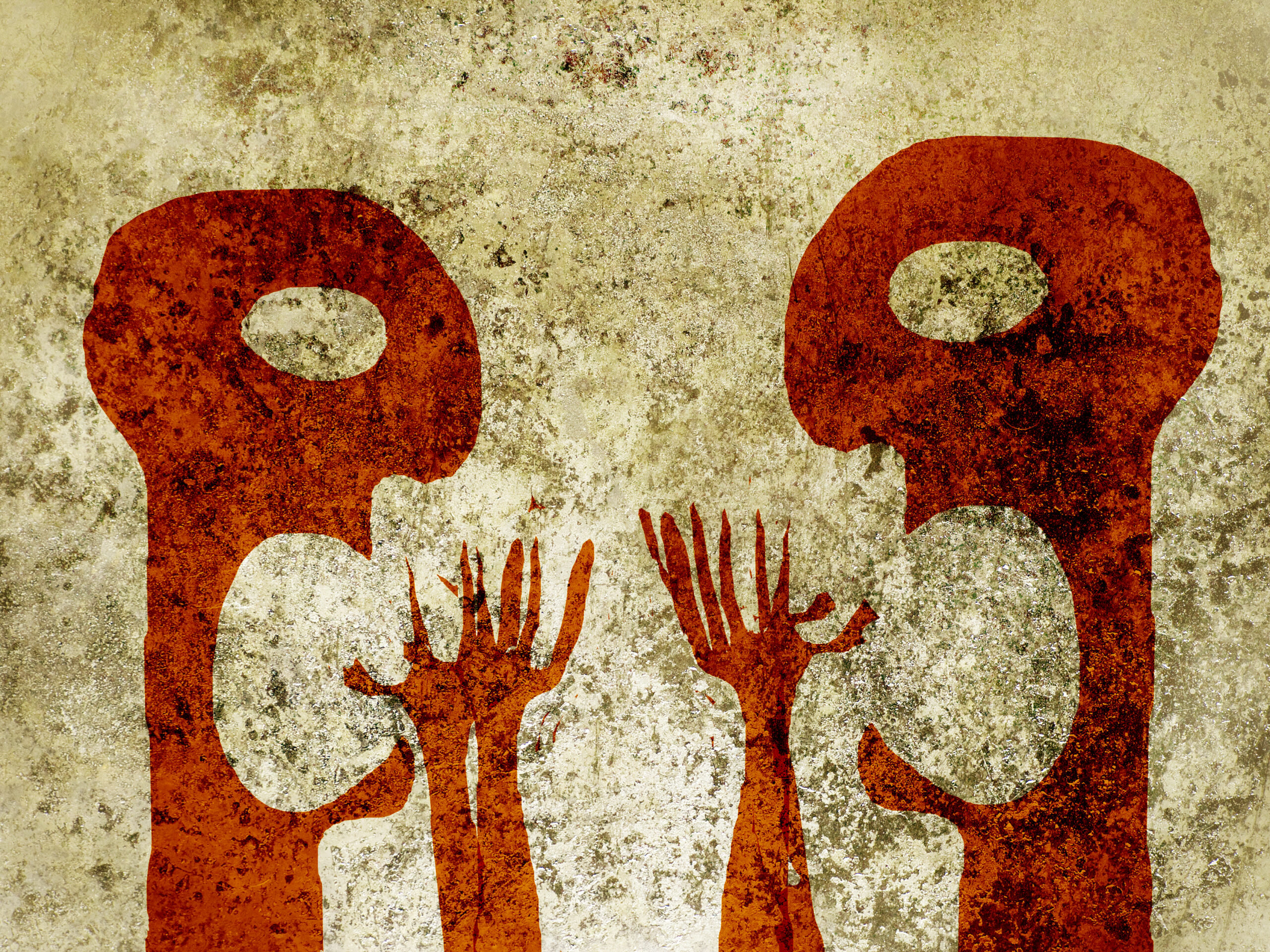So many people are talking about crucial conversations, courageous conversations, candid conversations and constructive conversations. I am all for them. I regularly coach and teach people how to have them and have plenty of them myself. I call them Conscious Conversations, because I include the conscious awareness of your rank and theirs. But there is also a time to NOT have that conversation.

When should you consider NOT having that courageous conversation?
- When you are not committed to the relationship. Whether it is personal or work, this type of conversation may not go well if they (or you) are actually done with the other or with the situation. If one side can easily walk away, then it might not be a good idea to have it.
- When your amygdala is activated. Do you feel like fighting or fleeing? Are you frozen like a rabbit? Is your heart beat accelerated? Is it hard to take a relaxed deep breath? Do you sense that your lower brain has too much control? Are emotionally charged up about something like a Presidential election? Not a great time for a conversation. Take some cool off time. And do not forget that time alone does not necessarily heal all wounds.
- When their amygdala is activated. Are they activated? Speaking quickly, in a higher tone of voice?
- When you can’t see anything from their perspective. If your thinking is “I am right and they are wrong…they really need to change” you are in trouble and the conversation may not go well.
- When you are mad at them. Calm down first. 7 breaths from your diaphragm might be enough. Here is the best Navy Seals Box Breathing video ever! Or you may need 3 months of counseling. Most likely just a day or two, and some time to process internally or with a trusted friend often helps.
- When they owe you money (or they owe you money) and you have an emotional charge about that fact. You might want to ask for the money first, or if possible, when you are both calmer, ask “Can we take the money part off the table for now?
- If having the conversation risks your business partnership, then it merits some reflection and a conversation, with someone else, before any decision or process is considered. And your lawyer might not be the best one to start with, as many lawyers are not trained in the skills you now need. Never underestimate the power of a trauma button your message may inadvertently trigger.
- When they are highly stressed. Are they in that “fight-flight-freeze” state? Are they flooded, but an expert at hiding their inner state? If they look blank and slightly frozen in their face, especially around their eyes, it could be a sign they are not fully present. Are they ill, hungry, super-stressed on multiple levels? Make sure they are as well and calm as possible, since this conversation may create a lot stress for them.
- When either of you are drinking alcohol or using drugs. So many accidents and injuries happen late at night with the aid of chemicals. Conversational accidents also happen in this state, and can become an ugly social media story the next day. This is probably not you, but just a friendly reminder for others you may know.
- Too late at night. Most people do not sleep well after a tough conversation. And you are less likely to be on your A-game late in the day. And you will need to bring you A-game to this one.
- Too early in the morning. Yes, it is possible that you or the other are not fully awake at 6:15 a.m. Maybe 8:15 a.m. is better.
Only you can tell if the timing is right and if it is best to not have it. Just realize most people, especially in the Midwest, lean pretty strongly towards saying nothing. So, be honest with yourself as you read through these, and aware of your relational proclivities. If you need a little help just reach out and get it.
